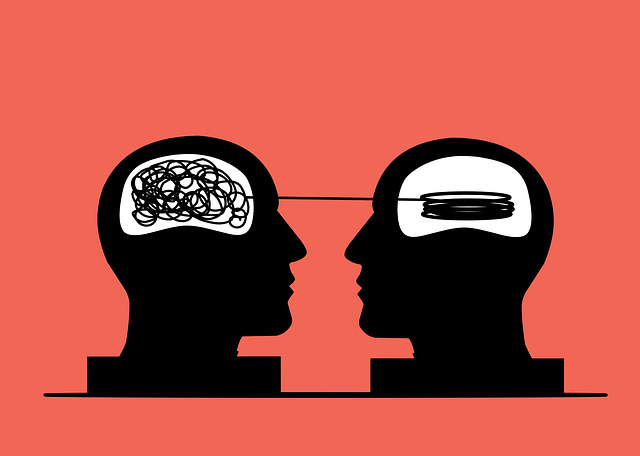Self-care is crucial for navigating today's stressful world, preventing burnout, and reducing depression risk. Broomfield Eating Disorders Therapy (EDT) emphasizes self-care as a core strategy for mental wellness, addressing barriers like schedules, costs, societal pressures, and eating disorders to integrate holistic practices, stress management, and tailored healthy eating into daily routines. EDT empowers individuals with self-compassion and coping mechanisms for improved mental health and confidence in managing well-being. Public awareness campaigns, advocated by Mental Health Policy Analysis, further support a community culture prioritizing self-care for enhanced quality of life.
Self-care is not a luxury but an essential practice for maintaining mental well-being. This article explores how self-care can transform lives, focusing on its profound impact on mental health. We’ll discuss common barriers that hinder effective self-care and provide actionable strategies to overcome them, drawing insights from Broomfield Eating Disorders Therapy’s proven methods. Discover how establishing sustainable routines can lead to improved mental resilience and overall quality of life.
- Understanding Self-Care and Its Impact on Mental Health
- Identifying Barriers to Effective Self-Care Practices
- Implementing Sustainable Self-Care Routines with Broomfield Eating Disorders Therapy
Understanding Self-Care and Its Impact on Mental Health

Self-care is a fundamental practice that involves actively attending to one’s physical, mental, and emotional well-being. It encompasses various activities designed to rejuvenate, restore balance, and prevent burnout. Understanding the importance of self-care is crucial in today’s fast-paced world, where stress and mental health challenges are prevalent. Engaging in regular self-care practices can serve as a powerful tool for Broomfield Eating Disorders Therapy, helping individuals develop healthy coping mechanisms and improve their overall mental resilience.
By prioritizing self-care, one can significantly reduce the risk of depression prevention and enhance stress management skills. Activities such as mindfulness meditation, regular exercise, adequate sleep, and engaging in hobbies foster a sense of calm and well-being. Moreover, self-care practices play a pivotal role in building confidence and overall mental health, allowing individuals to better navigate life’s challenges and maintain a positive outlook.
Identifying Barriers to Effective Self-Care Practices

Many individuals struggle to incorporate effective self-care practices into their daily routines due to various barriers. These obstacles can range from demanding work schedules and economic constraints to societal pressures and personal challenges like eating disorders. In Broomfield, Eating Disorders Therapy (EDT) has recognized these hurdles and tailored its services to address them holistically.
The Mental Health Policy Analysis and Advocacy group emphasizes the importance of public awareness campaigns development to combat stigma and encourage open conversations about emotional healing processes. By acknowledging and understanding these barriers, EDT offers personalized support, ensuring that everyone can access the resources they need for improved well-being. This approach aligns with broader initiatives in the community, promoting a culture where self-care is not just encouraged but prioritized, benefiting individuals’ mental health and overall quality of life.
Implementing Sustainable Self-Care Routines with Broomfield Eating Disorders Therapy

In today’s fast-paced world, prioritizing self-care is essential for maintaining good mental health and overall well-being. Broomfield Eating Disorders Therapy recognizes this need and offers strategies to help individuals develop sustainable self-care routines. By focusing on holistic practices, therapy encourages clients to nurture their bodies and minds in a balanced way. This involves not just managing eating disorders but also implementing effective stress management techniques and boosting confidence.
A key aspect of Broomfield Eating Disorders Therapy is teaching individuals how to incorporate simple yet powerful self-care activities into their daily lives. This might include regular exercise, mindfulness practices, and healthy eating habits tailored to individual needs. By fostering a sense of control and self-compassion, these routines empower clients to navigate challenges more effectively, leading to improved mental health and increased confidence in managing their well-being.
Self-care is a powerful tool for enhancing mental well-being, and as discussed in this article, understanding its impact is the first step towards positive change. By identifying barriers and learning effective strategies, such as those offered by Broomfield Eating Disorders Therapy, individuals can take control of their mental health. Implementing sustainable self-care routines allows folks to navigate life’s challenges with resilience and foster a healthier, happier existence.














